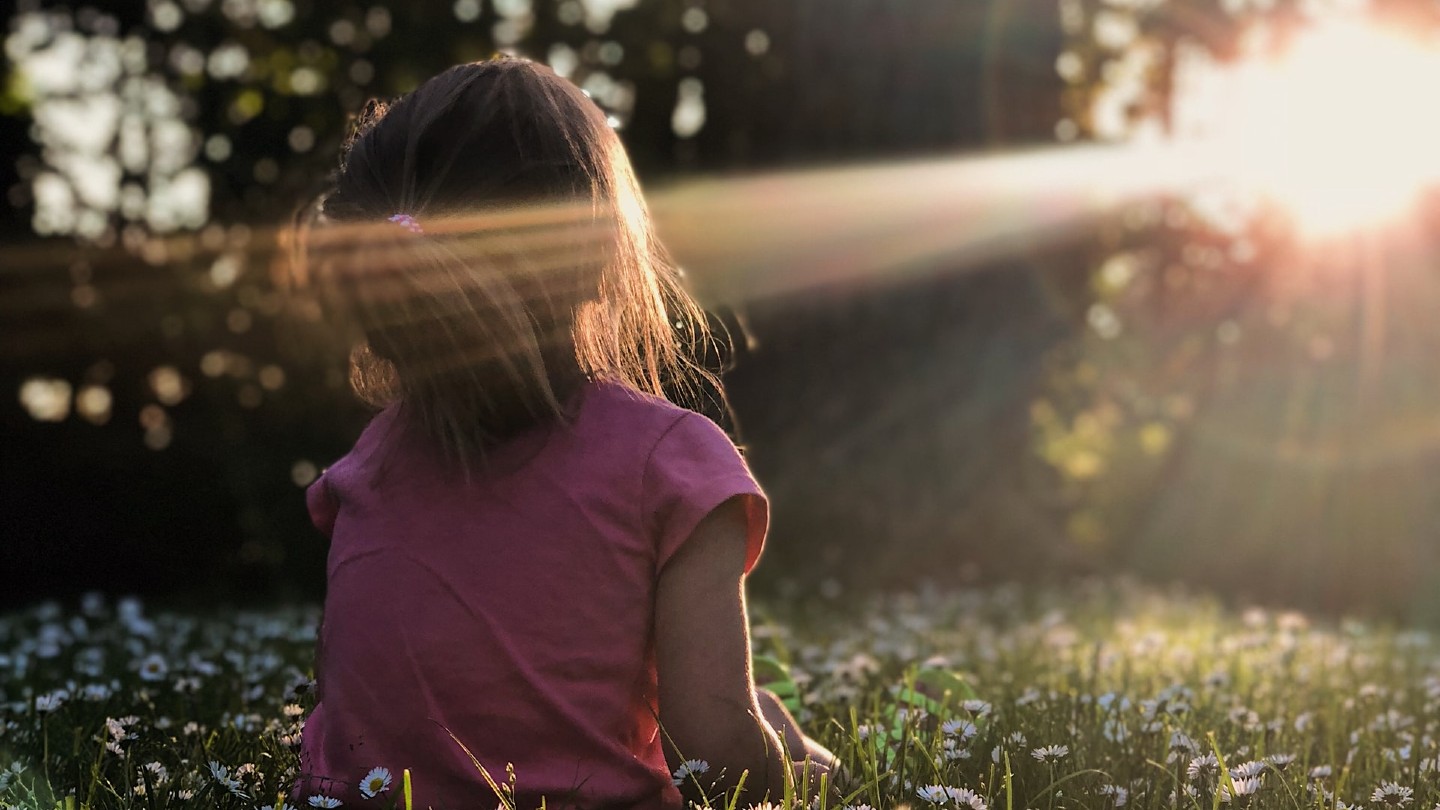Sustainability in youth projects

Photo by Melissa Askew on Unsplash
Sustainable development refers to the ability of society to “meet the needs of the present without compromising the ability of future generations to meet their own needs” (United Nations 1992). In this context, everyone, including young people, needs to understand and take the lead both in adopting more sustainable lifestyles and in creating solutions. In the context of youth work and non-formal education carried out by youth organisations, more steps have been made not only to support activities raising ecological awareness, but also to create a framework that makes it easy for participants in youth projects to make environmentally conscious choices.
In the context of the European Youth Foundation, youth organisations running their EYF-funded projects have been encouraged to green their practices and also adopt ways in which to ensure a lesser environmental impact of their activities. Since 2014, The EYF has encouraged youth organisations to use in their EYF-funded projects the guidelines towards environmental sustainability for projects. More recently, a sustainability checklist was developed by the EU - Council of Europe youth partnership, for the use of youth organisations and other actors of the youth sector.
The sustainability checklist lists nine areas for greening a youth project:
- team work
- accommodation and venues
- food and consumables
- transport
- printing and paper
- welcome packs and promotional gifts
- buying fair trade
- reducing the digital footprint
- education
“Sustainable” means “able to be maintained at a certain rate or level” (Oxford Dictionary). The current pace of human activity cannot be “maintained” at the same level: carbon emissions are leading to climate breakdown, industrial farming methods and the demand for raw materials are leading to depletion of the earth’s resources, to degradation of the soil, to pollution of air, sea and water, to mass extinctions in the animal world.
A second meaning of “sustainable” is: “conserving an ecological balance by avoiding depletion of natural resources”. Among “natural resources” are included those we can see, hear or touch (oil and gas, gold, diamonds and uranium, and so on) and also less tangible resources, such as the pH value of the sea, and therefore its ability to support the life of certain marine organisms; the amount of carbon dioxide in the atmosphere; the fertility of the soil, and so on.
Sustainability is the state of being sustainable. It is the state where human beings and the natural world exist in harmony, without destroying each other (and themselves). “Sustainable development” is the process of moving towards sustainability. Sustainable development aims to improve the quality of life of human beings, including future generations, by reconciling economic growth, social development and environmental protection. One of the core ideas of sustainability is that each generation inherits the earth from those who have come before them. The aim of every generation should be to leave it in better, or at least in no worse, condition than when it found it.
Youth work can play an important role in ensuring that this happens: in addition to the family and the formal education system, youth work exerts a strong influence on young people’s transition to adulthood, and it can help in promoting their participation in society. Youth work has a long tradition of supporting young people’s understanding of the world around them and promoting such values as justice and equality.
Greening the youth sector. Sustainability checklist
Chapter on environment (Compass - manual on human rights education with young people)


